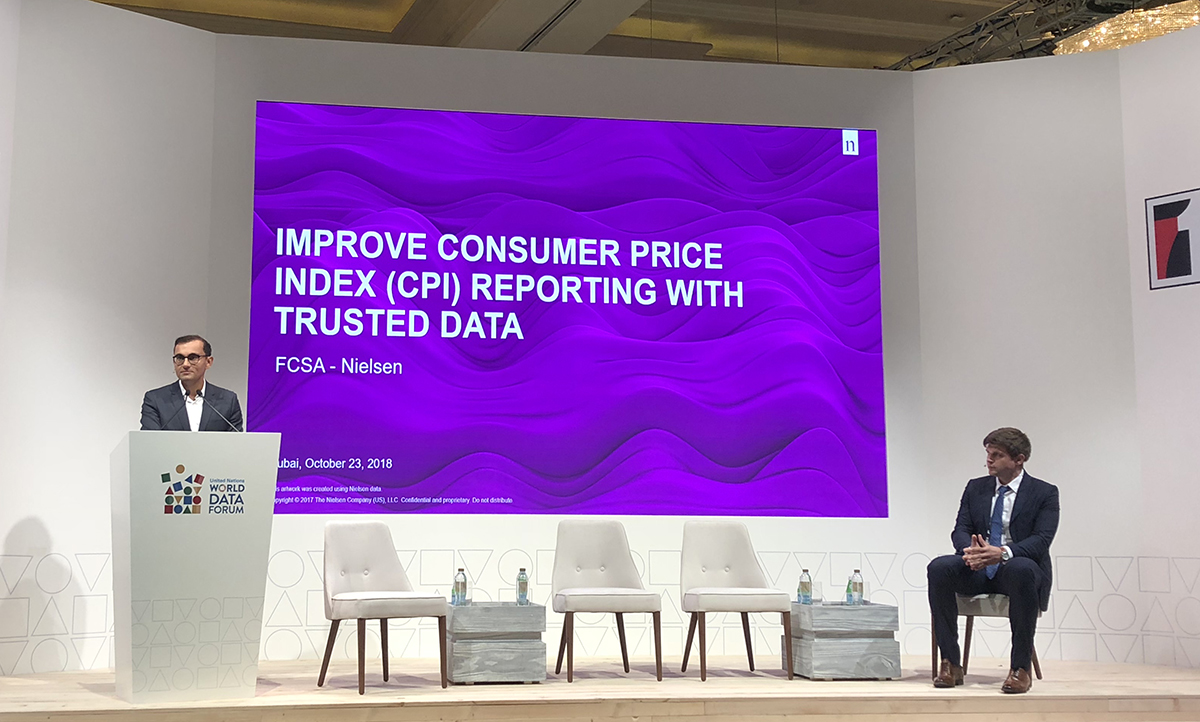
When it comes to measuring consumption, there’s a clear relationship between how people spend their money and how much things cost. And when you consider that the cost of goods and services fluctuate over time, as well as the fact that existing products change and new products come to market all the time, it goes without saying that having accurate consumer pricing data is a high-valued commodity for businesses and governments around the globe.
Advancements in technology, as well as speed and variability of big data, have created a variety of opportunities for NSOs. However, adoption has been a challenge for many organizations. For that reason, despite the critical nature of consumer pricing data, NSOs have not been able to modernize the ways in which they produce consumer pricing indexes, which economists use to calculate inflation.
But change is in the wind, as many NSOs, under the UN Global Working Group’s leadership, have started to recognize the value that alternative data sources and methods, such as point-of-sale data, can play in ensuring that consumer pricing statistics continue to reflect changing economies.
That’s where Nielsen comes in. In fact, Nielsen has been working with a special task force at the UN charged with increasing the use of scanner (POS) data in official statistics, as well as how it can be used to produce consumer price indices. As a first step, we provided the task force with a sample dataset for testing and evaluation. The task force tested and found the sample particularly useful for the calculation of consumer price indices. The granularity of Nielsen data opens the door to an array of future opportunities for Nielsen to help modernize the production of consumer pricing indices.
“We are excited to be part of this global movement, says Sumair Sayani, Vice President, Nielsen and The Demand Institute. “The UN’s Task Team on Scanner Data consider Nielsen’s trusted data and our expertise in big data an important enabler toward the success of this initiative. We are seeing increasing interest from NSOs around the world to engage with Nielsen and leverage our 90-plus years of knowledge and expertise.”
Sumair adds that a part of Nielsen’s mission is to make markets more efficient. We believe that when consumer prospects improve, economic activity increases, whole communities get reinvigorated, and everyone benefits. We have a shared interest in sustainably developing markets around the world.
“Becoming part of this global initiative feels natural to us,” Sumair says. “We firmly believe in non-zero-sum thinking, which essentially says that when faced with a big challenge, success lies in working together and not against each other.”
Therefore, we are looking forward to building a value-driven collaboration with all the stakeholders to improve prospects of markets around the world.
For additional information, listen to the recent Nielsen and the UN’s Global Big Data Platform webinar.
Pictured above from left: Sumair Sayani, Vice President, Nielsen and The Demand Institute, and Andrey Dvoychenkov, MD for the Arabian Peninsula and Pakistan, Nielsen